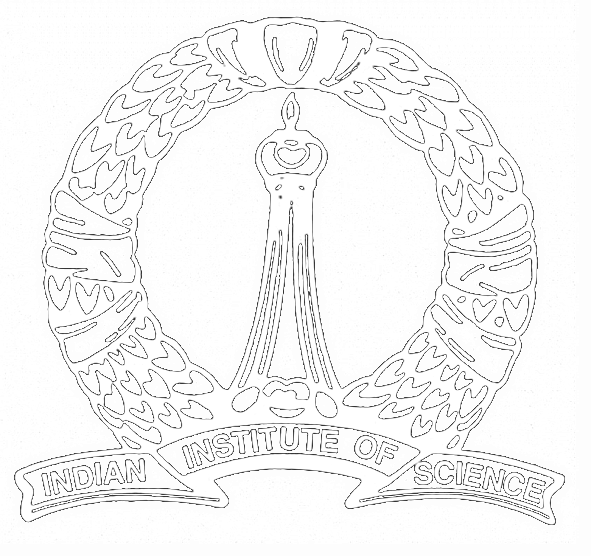PROMYS Guest Lecture
Title: Divisibility tests, recurring decimals, and Artin's conjecture
Speaker: Apoorva Khare (IISc Mathematics)
Date: 31 May 2023
Time: 5 pm
Venue: LH-1, Mathematics Department
If we had two extra thumbs, how would we check if “2024” is divisible by eleven? Or by “11”? We will see a simple test in any base $B$, i.e. usable by species having any number of fingers (whether shaped like hot-dogs or not); and for any divisor $d$. That is, the test works for everything ($d$), everywhere ($B$), all at once.
We will then move to recurring decimals. Note that 1/3 = 0.3333… and 1/3x3 = 0.1111… have the same number of digits - one - in their recurring parts. (Is 3 the only prime with this property in base 10?) More generally, we will see how many digits $1/d$ has in its recurring “decimal” expansion, for us or for any species as above.
Finally, for a species with a given number of fingers (= digits!), are there infinitely many primes $p$ for which the recurring part of $1/p$ has $p-1$ digits? (E.g. for us, 1/7 has the decimal recurring string (142857).) And what does this have to do with Gauss, Fermat, and one of the Bernoullis? Or with Artin and a decimal number starting with 0.3739558136… ? I will end by mentioning why this infinitude of primes holds for at least one species among humans (10), emus (6), ichthyostega (14), and computers (2) - but, we don’t know which one!
- All seminars.
- Seminars for 2023
